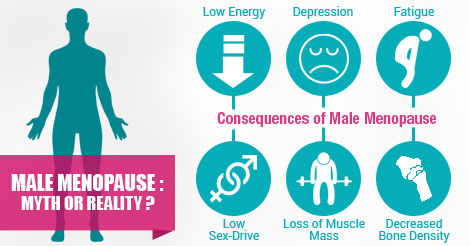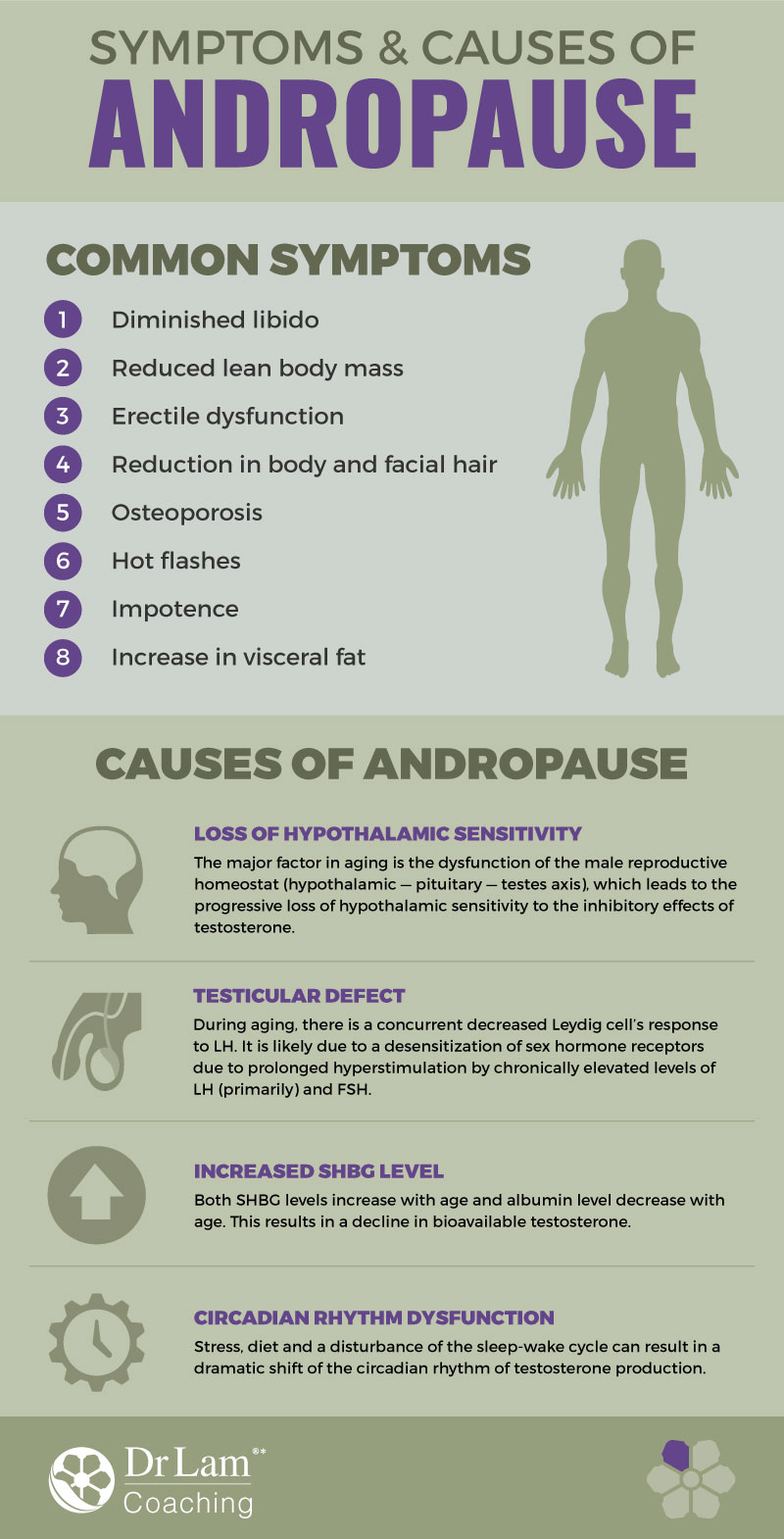Men Don’t Have A Biological Clock
Yet sperm banks are rejecting your sperm after you turn 40! I delve into this interesting topic because I bought the myth just like many others that men don’t have a biological clock. Increased paternal age does make it more likely to have a kid with autism and other birth defects recent research claims. It even negatively affects the woman too and increases the rate of pregnancy and childbirth complications. Men have a biological clock as their fertility drops over the years which makes it much harder to get a woman pregnant. Most women are well aware and have already accepted their biological clock, men are the ones often very delusional about theirs.
I read a study once that said the older the man is the higher chance of birth defects including autism and Down’s syndrome. Age and health matter for both parents are way more than people think. Yeah, random mutations in sperm cells can accumulate over the years and be transferred to the offspring, leading to Neurocognitive disorders.
The quality of male sperm decreases with age. Many just have this shallow mentality that just because they can still get a woman pregnant at 70, they’re good. They don’t think about what they’re impregnating the woman with- a child or a sick child. Women need to learn more so they can stop pressuring themselves.
Have you heard of the word Andropause? As men age, their bodies go through various changes—and some of these can be difficult to navigate. One term that you may have heard is “andropause”. But what, exactly, does this mean? In this blog post, we’ll explore the definition of andropause and what you can do to manage its symptoms. Whether you’re a man going through these changes or someone who cares for a man, this post will provide helpful insights.
Definition of Andropause Biological Clock
The term Andropause is used to describe a gradual decline in the production of androgenic hormones, specifically testosterone, in men as they age. This natural aging process can lead to physical and emotional changes, sometimes referred to as “male menopause,” that may affect sexual satisfaction and overall well-being. It is important to note that Andropause is different from menopause in women, as the decline in testosterone is a more persistent, gradual process. Misleading terminology used in the media may contribute to misconceptions about this condition, but it is a common experience for men between the ages of 45 to 55.

Difference between Andropause and Menopause Biological Clock
The major change in both men and women between the ages of 40-60 is caused by a decline in reproductive hormones. While women experience menopause which involves a rapid decrease in hormone levels following the end of ovulation, men experience andropause or male menopause which is a gradual decline in the production of androgenic hormones, specifically testosterone. This decline is a natural part of the aging process and may lead to physical and emotional changes such as decreased libido and irritability. Unlike menopause, which has a definitive end, andropause continues throughout a man’s life. Despite the common use of the term “male menopause,” it is misleading as it suggests a sudden and abrupt change, which is not the case. As men age, their bodies undergo natural changes that lead to a gradual decline in the production of androgenic hormones, specifically testosterone. This decline, commonly known as andropause, is a natural aging process that occurs between the ages of 45 and 65. Unlike menopause, andropause is a gradual decline in testosterone levels, rather than a specific life event. While not all men experience this decline, those who do may notice physical and emotional changes, including decreased libido and increased fatigue. As with any natural aging process, managing symptoms and maintaining overall health through diet and exercise can help men navigate through andropause. As men age, their bodies naturally produce less testosterone, a hormone essential for male health and well-being. This decline in testosterone levels is a key factor in the development of andropause, a condition characterized by physical and emotional changes that occur in middle or late life. The gradual decrease in the production of androgenic hormones, including testosterone, begins around the age of 30 and continues throughout a man’s life. While the decline is steady at about 1% per year, it is unlikely to cause any significant health problems on its own. However, when combined with other factors such as poor diet or lifestyle habits, testosterone deficiency can lead to a range of symptoms that significantly affect a man’s quality of life. It is important to note that the term “male menopause” can be misleading, as the changes experienced by men during andropause are not the same as menopause in women.

Changes As Men Biological Clock Decrease.
Understanding and recognizing the symptoms of andropause can help improve a man’s quality of life during this natural aging process. It is very important that we fully understand the anatomy of our body system and functions to aid us in best looking after our bodies. This also makes the aging process a seamless one.


An Entrepreneur , B.A Foreign Languages ,PGD Health and Social care Management ,American Caregiver Association (Member) ACA Certified, Leadership and Management.